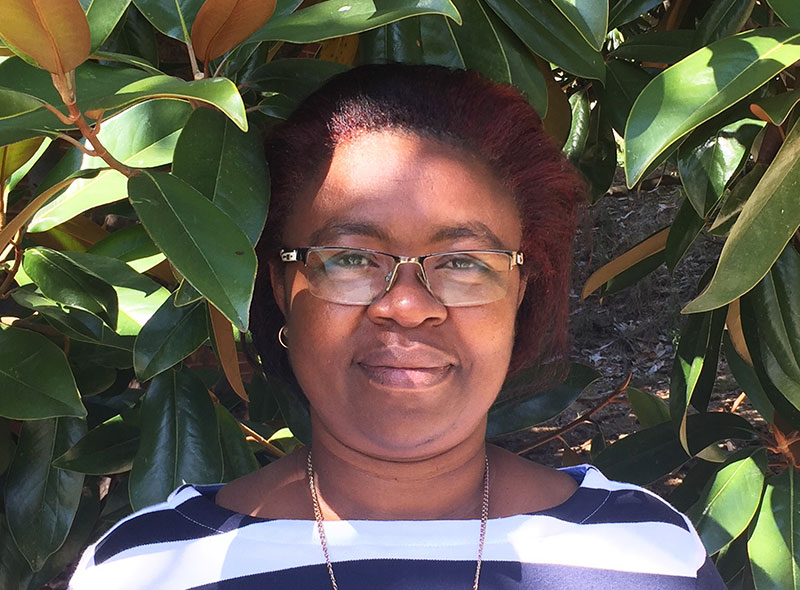Faculty Profile: Blandina Mmbaga
 Dr. Blandina Mmbaga is the Director of the Kilimanjaro Clinical Research Institute and a pediatrician at the Kilimanjaro Christian Medical Center (KCMC). She has collaborated with Duke University for over 10 years and currently serves as a site leader for the KCMC-Duke collaboration. Her work in reproductive health includes evaluating strategies to prevent mother-to-child-transmission of HIV and working to improve transitions of care and addressing RH needs for perinatally infected adolescents.
Dr. Blandina Mmbaga is the Director of the Kilimanjaro Clinical Research Institute and a pediatrician at the Kilimanjaro Christian Medical Center (KCMC). She has collaborated with Duke University for over 10 years and currently serves as a site leader for the KCMC-Duke collaboration. Her work in reproductive health includes evaluating strategies to prevent mother-to-child-transmission of HIV and working to improve transitions of care and addressing RH needs for perinatally infected adolescents.
We sat down with Dr. Blandina Mmbaga to talk about her work in Tanzania and what she believes are some of the biggest reproductive health challenges in her region.
What are the key reproductive health priorities for Tanzania?
Dr. Mmbaga described several systemic health challenges such as infant nutrition, maternal health, and unmet need for family planning. She feels that one of the biggest challenges, despite available treatment mechanisms, is the prevention of mother to child transmission of HIV. “It remains a challenge because there are still new infections”. In Tanzania, the prevalence of HIV is greater among women across the age spectrum, and young women are more likely to become infected earlier than men. While there are many factors involved in prevention, Dr. Mmbaga feels that reaching young women early is a key way to stem the tide of new infections. She reflects on the fact that effective medication strategies will not work if women are not identified early, tested and meds initiated.
Dr. Mmbaga began a youth friendly HIV clinic at KCMC where her team is working to not only encourage adherence to anti-retroviral regimens, but also encouraging condom use and disclosing HIV status with sexual partners. Dr. Mmbaga intentionally designed this clinic to offer youth-friendly services to increase attendance. The clinic is open after traditional school hours, has no parental requirements, and provides in-house mental health support and counseling. “It’s a place youth can be together and reduce the stigma of having HIV”.
How have collaborations with Duke shaped your career?
The collaboration between Duke and KCMC led Blandina to love research. Before she began collaborating with Duke, she says that she did not have a robust research portfolio, or desire to pursue research as a career path. But due to opportunities through the Duke-KCMC collaboration, she was able to take a course on research methodology, fell in love with research, went on to get her PhD, and the rest is history.
Blandina currently spends a large percentage of her time mentoring other students, particularly women. She has been encouraged by the number of women in leadership positions at KCMC and knows first-hand the capability of women. As she says:
“If women are supported, they can.”
